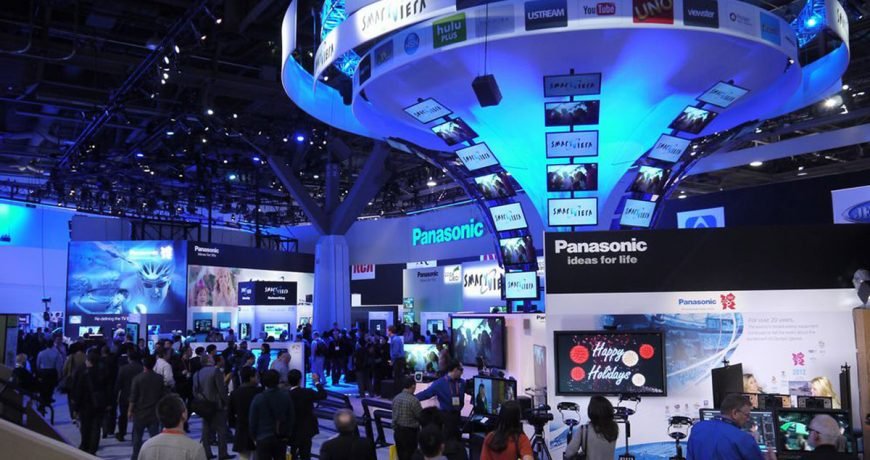CES 2018 brings a buffet of automotive tech — here's a taste

While I realize that this is certainly a champagne problem, heading to Vegas is not my ideal way to kick off the new year. Or even end it, since I'm not a fan of Sin City.
Whereas most people go to Vegas expecting to pig out on all-you-can-eat buffets and engage in all-night drinking and gambling binges, I've made the trek since 1989 to consume as much as I can about the latest car technology. And compared to even 10 years ago, the annual auto tech bacchanalia has grown substantially as more automakers pile on.
Autoblog has already reported on several new vehicles and innovations we'll see at CES this week, such as the debut of Byton's autonomous EV, a Lexus-based Platform 3.0 automated driving test mule from Toyota, the Kia Nio EV concept and Nissan's head-scratching brain-to-car interface, complete with a goofy-looking thinking cap. While most automakers and suppliers are tight-lipped about their CES plans, here are a few other things I'm looking forward to viewing in Las Vegas next week.
Aurora is a self-driving startup with an all-star cast of autonomous engineers from the likes of Google, Tesla and Uber who are also veterans of the DARPA self-driving competitions from back in the autonomous-car stone age. The company will break cover at CES by unveiling not one, but two major automotive partnerships. VW said it will leverage the Aurora brain trust "to realize self-driving electric vehicles in cities as Mobility-as-a-Service fleets" (aka robo-taxis), while Hyundai's alliance with Aurora will result in bringing self-driving technology to market in the company's vehicles by 2021.
At CES we'll also see the results of a partnership between two brands you've likely heard of: Samsung and Harman. After the Korean consumer electronics conglomerate acquired the U.S.-based maker of all things audio and automotive for $8 billion in late 2016, the two companies have been low-key about what they're cooking up car-wise.
At CES 2018, the now conjoined companies will unveil a trifecta of car technology, starting with a Digital Cockpit that they say is flexible enough to be adapted to vehicles from econo-boxes to luxury cars. The other two announcements include a first-ever 5G connection for cars to enable faster data transfers (and hopefully, finally over-the-air software updates by major automakers) and disclosing new partners for an open autonomous platform. On this last one, it'll be interesting to see what transpires when Samsung throws its considerable consumer clout and resources into the self-driving ring.
Honda likes to trot out its latest robots for CES, and this year the Japanese giant will debut several mechanical personal assistants in addition to the 3E-D18, "an autonomous off-road vehicle concept with AI designed to support people in a broad range of work activities." Rinspeed's out-there concepts are always a highlight of CES, and the company's autonomous and electric Snap features various shell-like bodies that can be (you guessed it) snapped onto a skateboard-like chassis.
While it's cool to see crazy concepts, vaporware is all too common at CES. But the Mercedes-Benz User Experience (MBUX) could be available on vehicles as early as this year. The luxury automaker says MBUX employs artificial intelligence, but reveals little else except that "will usher in a new era in terms of infotainment" — and hopefully correct the old error that is Mercedes-Benz's current infotainment systems.
Ford, GM, Intel, Nvidia, Baidu and others all have announcements planned for CES. So stayed tuned for the latest updates from Las Vegas, where Autoblog editors and I will be indulging in all the car tech we can handle and contemplating our New Year's resolutions.
Related News


